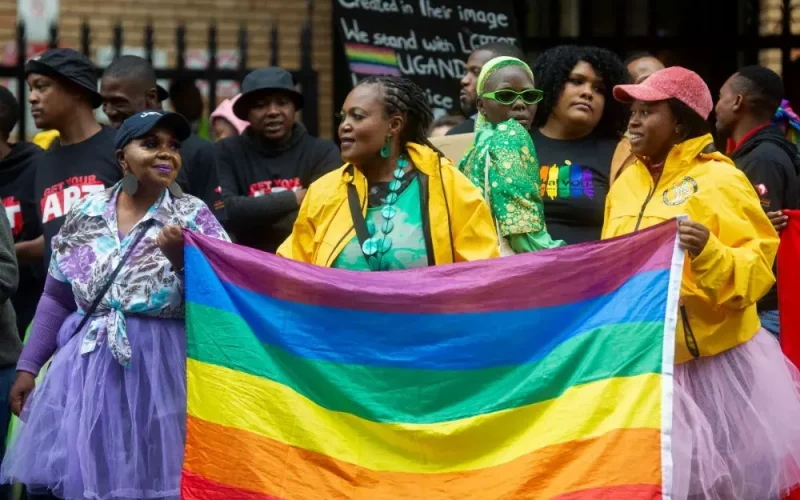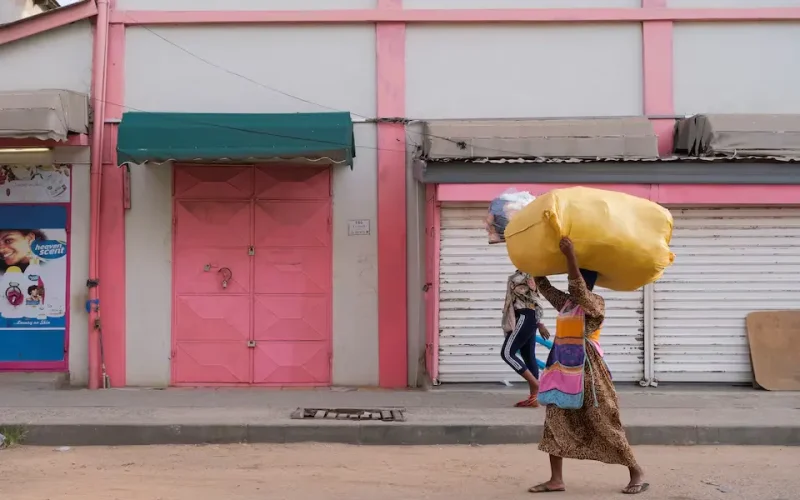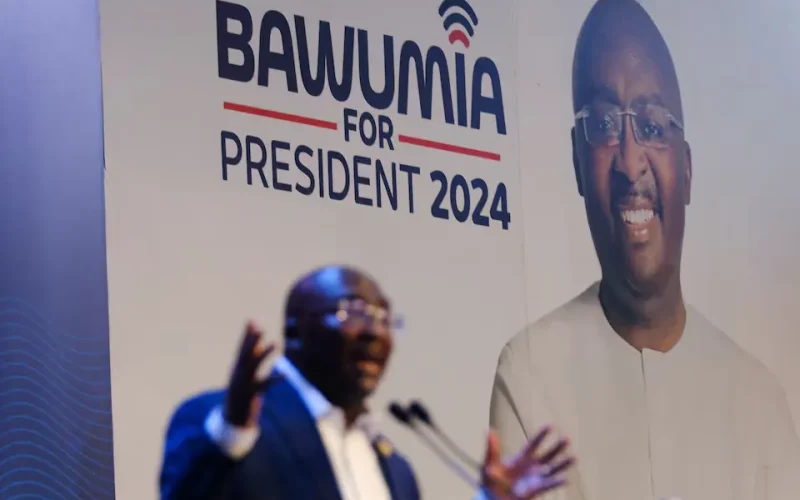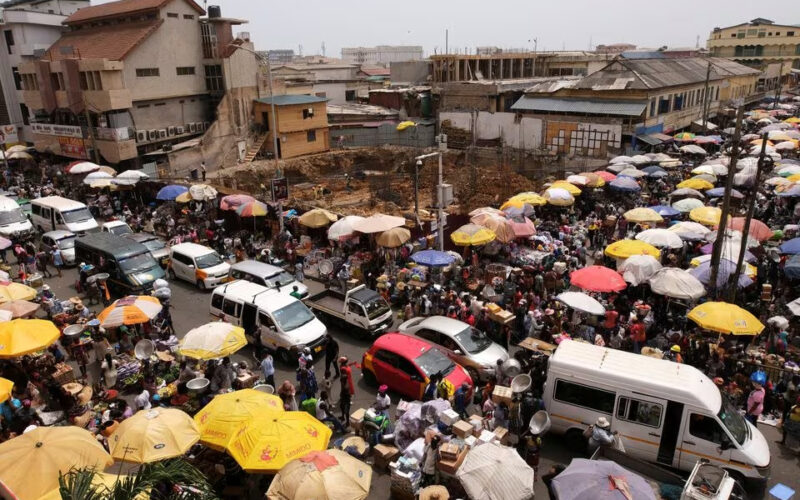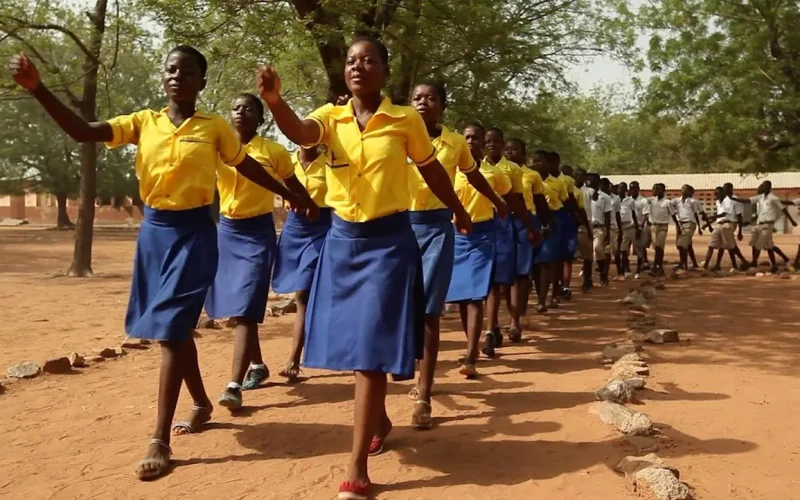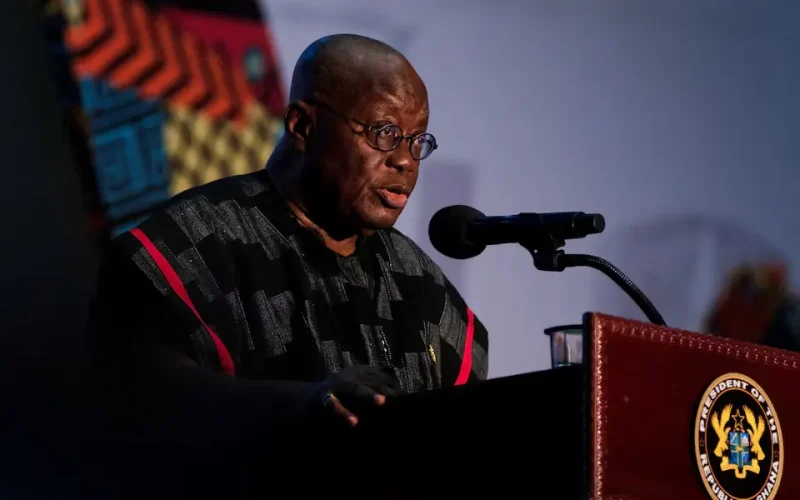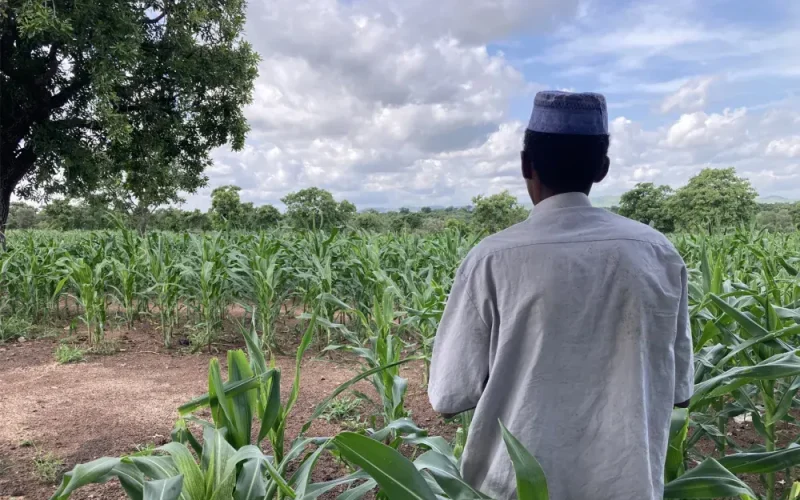
Ghana accused of expelling Fulani asylum seekers from Burkina Faso
WHILE Ghana has welcomed thousands of Burkinabé refugees fleeing escalating jihadist violence across the border, Fulani rights groups allege that it has also been expelling ethnic Fulani asylum seekers, targeting a community unfairly accused of supporting the insurgency. Belko Diallo*, a 45-year-old former herder, is one of thousands of Burkinabé Fulani that the Ghanaian authorities have failed to register as refugees. Instead of being welcomed to Ghana’s Traikom refugee camp, he has had to settle with his family in a hastily erected hut in the dusty scrub land near the northern border. “When we first heard about Tarikom, we thought…

